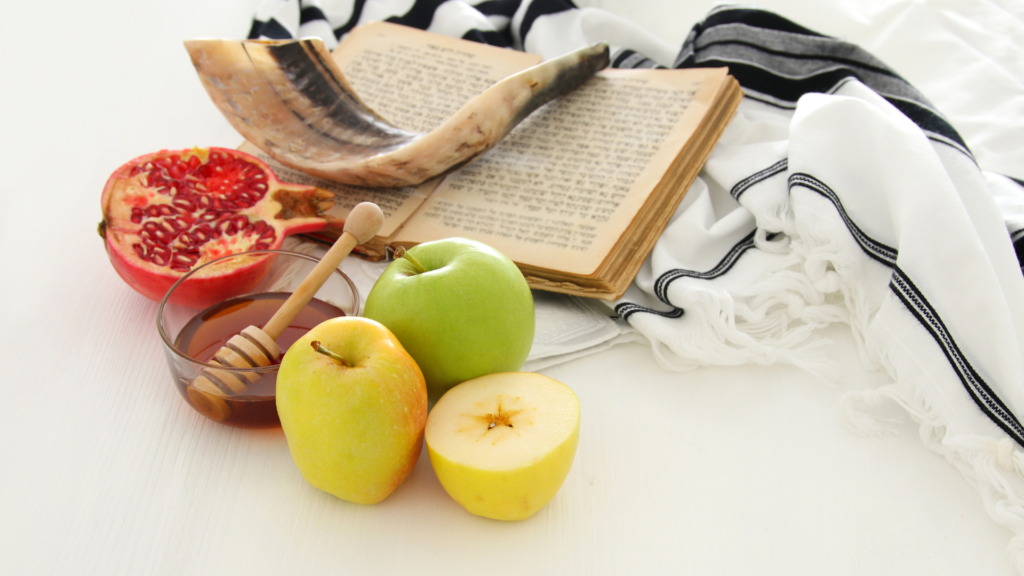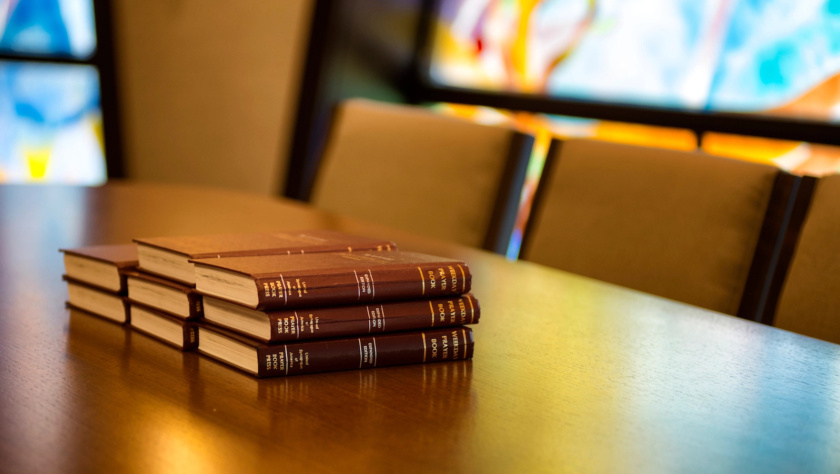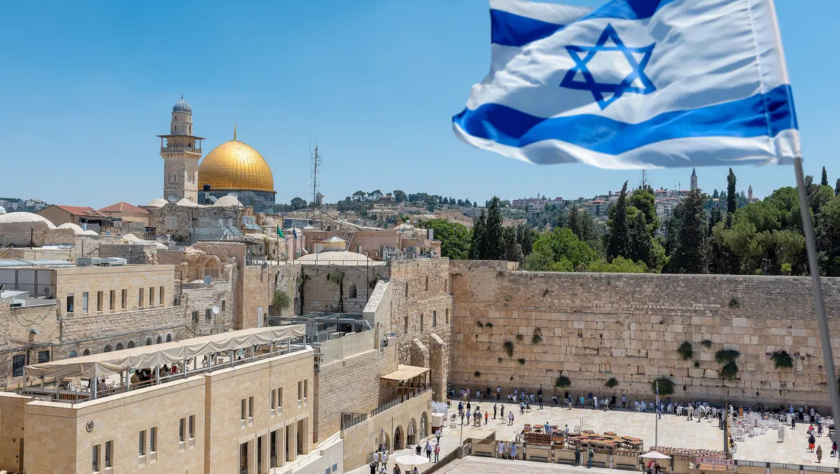“I was taught a month ago,
To bide my time and take it slow.
But then I learned just yesterday,
To rush and never waste the day.
Well I’m convinced the whole day long,
That all I learn is always wrong.”
– Phish (Character Zero)
I learned two lessons this year that at first glance seem completely contradictory. Early in the year, it occurred to me how important it is to take the proper time and effort to anticipate and feel excitement for an upcoming event, and then afterwards to take time and effort to reflect on what occurred. So much of any event is experienced before and after it takes place. To skip out on the anticipation and reflection is to miss out on perhaps two-thirds of any experience.
Then, about a month ago, as the reality that cold weather and the High Holiday intensity was quickly approaching fell upon me, I was surprised by my lack of anxiety and trepidation. Usually around this time of year, I have a minor “rabbi depression”. This year not at all. “Why am I so chill?” I asked myself. I realized I wasn’t doing my usual freaking out about what was to come. I was living in the moment. I said to myself, “Yes, I love the summer, but today is here and it is really all I have so let me bask in the joy of now. The past is gone, the future is unclear, but I can certainly destroy my joy in the present by worrying about past and future.”
So which is the proper path, taking time to dwell on past and future, or just trying to stay in the present? Of course, the answer is “everything in its proper time and way”.
By proper time, I mean that 90% of our time, we should be fully present in the moment. But every day, and every year (you can see where I’m going with this), we should take some time to reflect on the past- both the good, the bad, and the ugly, as well as anticipate and prepare for the future.
By proper way, I mean that 90% of our reflection and anticipation (and teshuva) should be joyous and hopeful. Save the guilt and anxiety for that remaining 10%.
I think we see this in the three prayer services we daven every day. Shacharis is anticipation, Mincha is strength in the present, and Maariv is time for reflection.
I also think this is the meaning of Rosh Hashana and Yom Kippur. At the core, it is a powerful experience in the moment. All of us together, singing and praying as a community with Chazzan Shlomo. Beautiful holiday meals and special foods with our families. But what would be the point of the High Holidays without taking some of that time and reflecting on the past year- celebrating the victories and regretting and asking forgiveness for the mistakes and shortcomings. Would it really be the High Holidays without asking Hashem to bless us with a Shana Tova U’Metuka- a sweet, happy, and healthy New Year ahead, and even taking time to anxiously consider the heavy reality of our fragile mortality which hangs in the balance as we say “Who will live and who will pass away?”
As someone who is very much focused on the moment I am in (a less generous way of putting it is that I “fly by the seat of my pants”), I find it unnatural to spend time in anticipation and reflection. This year, I began to take the time in the evenings to talk to Helene about my day and to discuss the days ahead. I found that when I did that- a daily debrief and a daily look ahead, not only were we more on the same page, but things actually went smoother.
In the same way, the High Holidays are a spiritual tool to make our lives richer, to help us experience the experience of life and passing time with our heart and soul, and to nudge ourselves onto the path forward that fits our souls’ mission in this world.
As always, I am deeply privileged and honored to be your rabbi and part of your life. If I have hurt you in any way, I am so sorry. Please let me know so I can do teshuva and make things right. If you have harmed me in any way, you are completely forgiven. I can’t wait for the amazing gift of a complete reset and a new chance at living my life as it should be lived.
With Love – L’Shana Tova U’Metuka,
Rabbi Yerachmiel Shapiro



